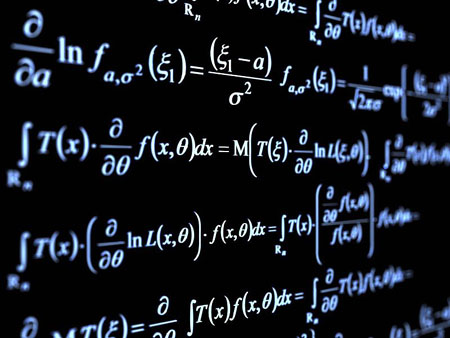by WorldTribune Staff, October 22, 2019
The Seattle Public Schools Ethnic Studies Advisory Committee (ESAC) has determined that math is subjective and racist.
In a draft for its Math Ethnic Studies framework, the ESAC writes that Western mathematics is “used to disenfranchise people and communities of color.”
 Using the ESAC’s framework, Seattle’s public school students will be able to “construct & decode mathematical knowledge, truth, and beauty” so that they can contribute to their communities.
Using the ESAC’s framework, Seattle’s public school students will be able to “construct & decode mathematical knowledge, truth, and beauty” so that they can contribute to their communities.
Students will also analyze the ways in which “ancient mathematical knowledge has been appropriated by Western culture,” and “identify how math has been and continues to be used to oppress and marginalize people and communities of color.”
The framework is broken into four different themes: “Origins, Identity, and Agency,” “Power and Oppression,” “History of Resistance and Liberation,” and “Reflection and Action.”
In one section, the ESAC says “Who gets to say if an answer is right,” and under another it says, “how is math manipulated to allow inequality and oppression to persist?”
Jason Rantz of KTTH in Seattle noted that, “ESAC is made up of a number of educators and was created due to a legislature mandate to ‘advise, assist, and make recommendations to the office of the superintendent of public instruction regarding the identification of ethnic studies materials.’ ”
The deadline for the final draft of the curriculum is September 1, 2020.
Tracy Castro-Gill, Seattle’s ethnic studies director, told King 5 in Seattle, “The goal is to disrupt the status quo and do something different.”
The Daily Caller noted that the “idea of math being problematic has been promoted among academics with a Vanderbilt professor saying that math education is sexist and a high school in Canada last year moved to ‘Africentric Math’ to try and promote more black students.”
In 2017, a University of Illinois math professor Rochelle Gutierrez argued in a newly published math education book for teachers that they must be aware of the identity politics surrounding the subject of mathematics.
“On many levels, mathematics itself operates as Whiteness,” she argues with complete sincerity, according to Campus Reform. “Who gets credit for doing and developing mathematics, who is capable in mathematics, and who is seen as part of the mathematical community is generally viewed as White.”
Gutierrez also wrote that the importance of math skills in the real world places what she calls an “unearned privilege” for those who are good at it. Because most math teachers in the United States are white, white people stand to benefit from their grasp of the subject disproportionate to members of other races.
“Are we really that smart just because we do mathematics?” she asks, raising the question as to why math professors get more grants than “social studies or English” professors.
“If one is not viewed as mathematical, there will always be a sense of inferiority that can be summoned,” she says, claiming that minorities “have experienced microaggressions from participating in math classrooms… [where people are] judged by whether they can reason abstractly.”
Gutierrez concluded her argument with the claim that all knowledge is “relational,” or is, in other words, relative. “Things cannot be known objectively; they must be known subjectively.”
Intelligence Brief __________ Replace The Media
